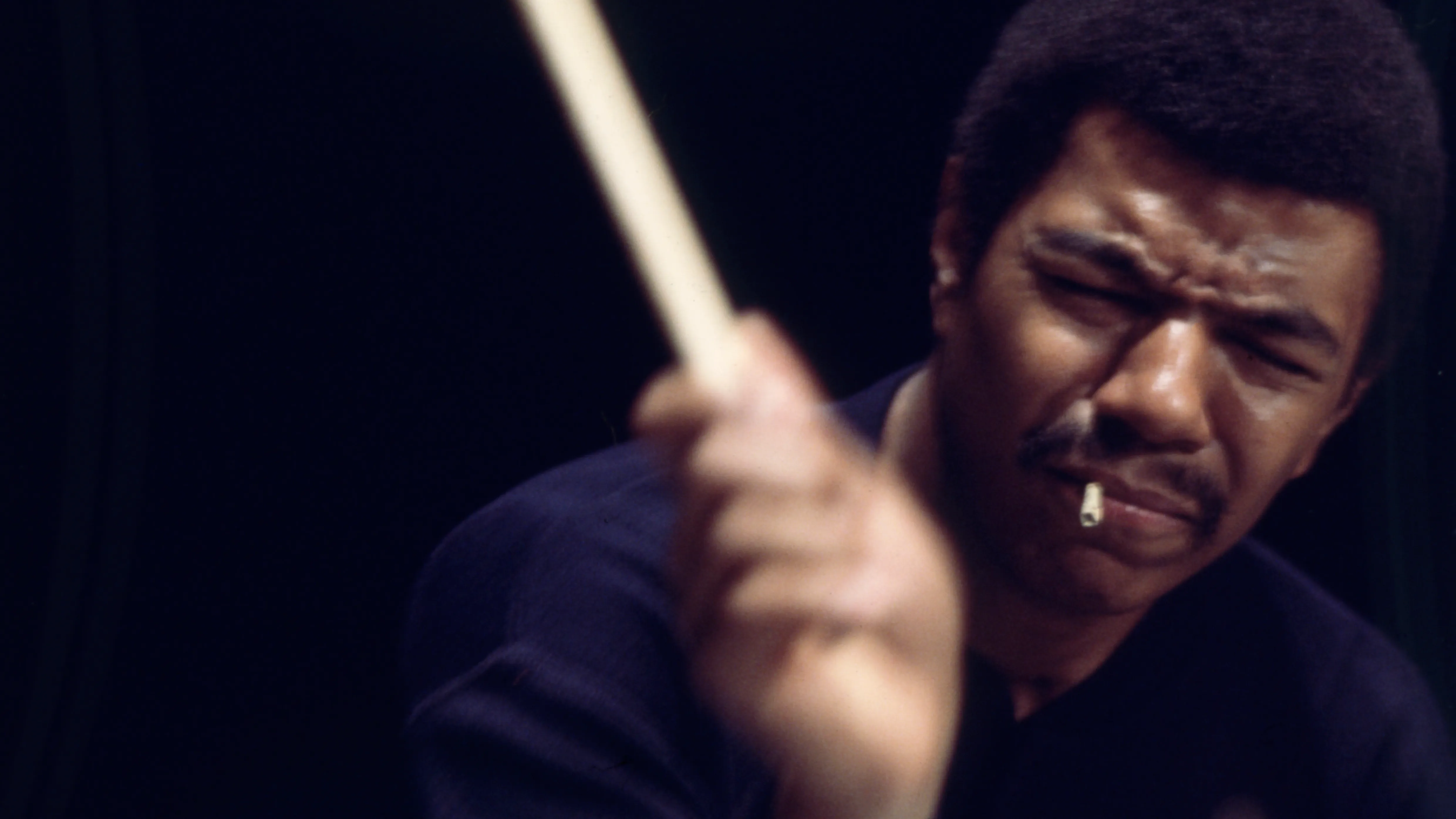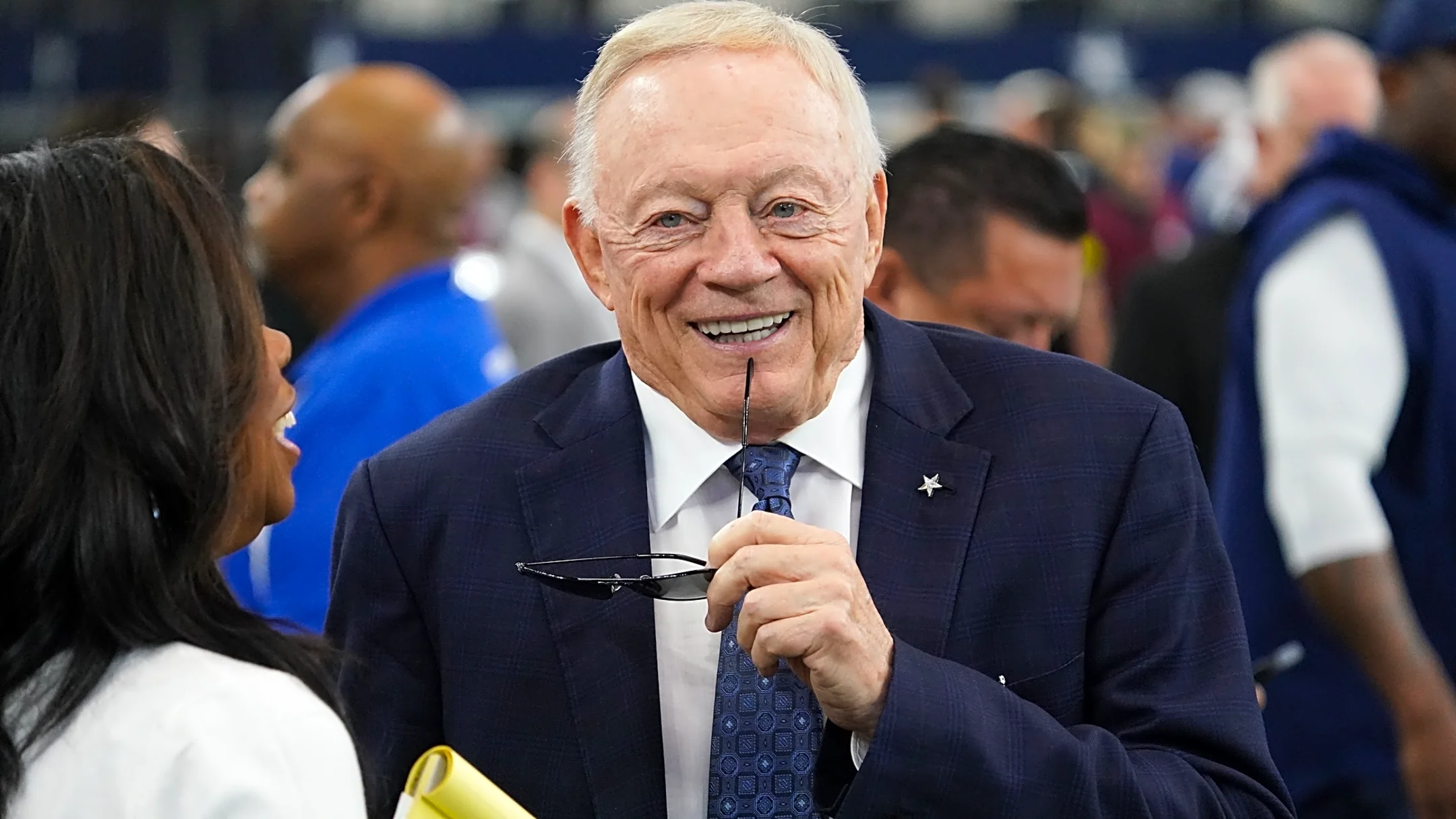Copyright pitchfork

Jack DeJohnette, the jazz drummer, pianist, and bandleader who played on Miles Davis’ Bitches Brew and worked closely with Sonny Rollins, Keith Jarrett, and many other jazz luminaries, has died. His longtime label ECM Records confirmed the news, and his personal assistant told The Guardian the cause of death was congestive heart failure. DeJohnette was 83 years old. Born in Chicago, in 1942, DeJohnette grew up in a mostly segregated neighborhood, raised primarily by his grandmother and poet mother. From the age of five or six, he studied traditional piano with a neighborhood teacher; back home, his uncle was filling the house with jazz records by the likes of Duke Ellington and Billie Holliday. When that uncle, Roy Wood, became the first Black news announcer on a white Chicago radio station, DeJohnette gained access to an endless supply of jazz records that fueled an early infatuation with the genre. In a newly integrated high school at the dawn of rock’n’roll, he sang doo-wop and played in dance bands—occasionally on acoustic bass—formed by students exposed to a network of legendary Chicago jazz and blues labels like Chess and Vee Jay. When a drummer friend left his kit in DeJohnette’s basement, he took up playing along to his uncle’s Max Roach, Clifford Brown, and Charlie Parker records and discovered he was a natural. Kicked out of high school for skipping class, he took up serious music study and played with a local quintet specializing in Thelonious Monk and Art Blakey arrangements. When his grandmother died, he bought a car, a drum set, and a Wurlitzer electric piano and hustled solo keyboard gigs at Chicago bars, practicing in the daytime for three hours apiece on the drums and piano. His growing curiosity and expertise brought him into the orbit of Chicago’s avant-garde scene. After watching Sun Ra and His Arkestra rehearse at a nearby tavern, DeJohnette was invited into the fold and played drums for the outfit in an ad-hoc arrangement that continued into the 1960s as his status grew. Sun Ra and a new generation of jazz masters—particularly Miles Davis and John Coltrane—were coming into their own as composers, and DeJohnette would catch their shows at local club McKee Fitcher’s. “I’d go almost every night to hear Coltrane,” he told the Smithsonian in 2011, “and it was… what can I say? It was the most amazing experience of hearing music.” One night, when Coltrane drummer Elvin Jones was late for a set, the club owner yelled at Coltrane to “Let Jack DeJohnette play.” He joined the band for three songs—“a great physical and spiritual experience,” DeJohnette said. “John was like a train. He was like a magnet and you felt this pull.” In the mid-1960s, DeJohnette took a Greyhound to New York with a drum kit stashed under the bus and $28 in his pocket. He focused on life as a working drummer in jazz bands that leaned into the outre. He took up regular work alongside Keith Jarrett and Cecil McBee in the Charles Lloyd Quartet, touring Europe and scoring crossover hits with songs like “Forest Flower.” Their experimental and rock’n’roll fusion created a kinship with the psychedelic rock movement, leading to West Coast shows with the likes of Janis Joplin and Jefferson Airplane. In demand for his polyrhythmic, self-described “multidirectional” style, DeJohnette peeled off from Lloyd’s band in the late 1960s and took up freelance gigs with bandleaders like Bill Evans, Stan Getz, and avant-bop saxophonist Jackie McLean; he also released his debut album as a bandleader, The DeJohnette Complex, in 1968. Miles Davis took notice, bringing in DeJohnette for gigs in a quartet with Wayne Shorter, Herbie Hancock, and Ron Carter. Davis soon assembled the sprawling Bitches Brew ensemble, DeJohnette driving the psych-funk explorations with a heavy, hypnotic groove on one of two drum kits. He went on to play on Davis’ subsequent live albums, as well as his landmark fusion releases such as On the Corner. DeJohnette left Davis’ band in 1971, seeking greater freedom, and found it in collaborations with Jarrett. Their compositional partnership began when the pair, on tour with Davis in 1971, recorded the album Ruta and Daitya, eventually released on ECM in 1973. DeJohnette released on ECM and the Milestone label in various configurations, many involving Jarrett and Sonny Rollins, and put out dozens more live and studio albums as a bandleader, pianist, and drummer well into the 2010s, when he founded a trio with Ravi Coltrane and Matt Garrison. As well as his lifelong role in the integration of rock’n’roll and electronics into jazz, DeJohnette applied his spiritual leanings and free playing style to more ambient song forms. He made two albums, 2005’s Music in the Key of Om and the Grammy-winning 2007 LP Peace Time, as accompaniment to the vibrational healing practice of his second wife, Lydia DeJohnette. He saw music as a way to access what he called the Library of Cosmic Ideas. “We’ve been taught a watered-down version of what ‘time and space’ is, that we’re in a three-dimensional reality, which we are not,” he told Best Self Media in a recent interview. “We’re in a multidimensional reality with potentials that may seem remarkable to us—but these potentials are quite normal from an interplanetary or galactic point of view.” He went on, “I feel like I’m riding a wave, an energetic, creative wave. I feel like I’m being carried by the creative consciousness. I hear Miles in my head sometimes, or I hear Coltrane. I think that corroborates that we never die.… I believe that we are infinite. We go through the process of birth and death, and death is just a mechanism by which the soul departs the physical body. But only a portion of that soul is in this physical body. People talk about life after death and immortality. We are immortal already.”



